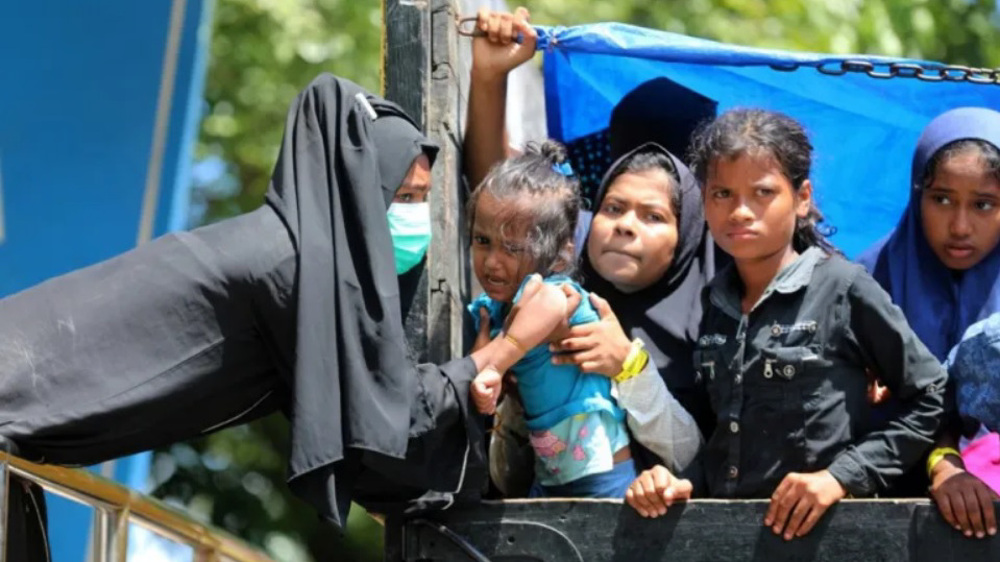Lawmakers with Myanmar’s ruling party in Rakhine refuse to meet UN envoy
Lawmakers from the ruling party in Myanmar’s beleaguered Rakhine State have refused to meet the United Nations special envoy, who is in the country to investigate a brutal and deadly military crackdown on Rohingya Muslims.
Yanghee Lee, the UN’s special rapporteur on human rights, who arrived in Myanmar earlier this week, was expected to hold talks with members of the Arakan National Party (ANP) in the state capital, Sittwe.
The vice president of the party Khine Pyi Soe, however, said the UN group has “offered to meet with us from their side but we have no plans to meet them.”
“I don’t think that meeting with them is very important,” he said.
Lee is scheduled to travel on Saturday to the northern parts of Rakhine, which has been under military siege since October last year. The crackdown started after an attack on the country’s border guards on October 9, 2016 left nine police officers dead. The government blamed the Rohingya for the assault and blocked humanitarian and media access to Rakhine.
There are reports that at least 400 people have been killed, more than 2,500 houses, mosques, and religious schools destroyed, and three villages completely wiped out during the military siege.
Lee has formerly denounced the lockdown as “unacceptable” and called for an international investigation into the allegations of abuse, including rape and torture against Rohingya Muslims.

Myanmar’s government denies full citizenship to the 1.1 million-strong Rohingya population and instead brands them as “illegal immigrants” from Bangladesh, even as many trace their lineage in Myanmar back generations.
At least 30,000 Rohingya have been internally displaced in Rakhine, while 65,000 people also have attempted to flee the county for Bangladesh in the past three months, according to the UN.
Bangladesh has called on the government of Myanmar’s Aung San Suu Kyi to end the violence and take back the refugees. Dhaka is conducting a crackdown of its own on the incoming refugees by either preventing them from entering at border transit points or confining them to refugee camps.
“Bangladesh has demanded (the) quick restoration of (a) normal situation in Rakhine State so that Myanmar nationals… can quickly go back home,” said Foreign Minister A.H. Mahmood Ali.
Myanmar’s Foreign Ministry said the two sides have “agreed to commence consultations for verification and repatriation” of the refugees.
As many as 500,000 Rohingya Muslims, who have fled to Bangladesh during decades of violence in Myanmar, are not recognized as citizens by Dhaka, either.
IRGC deputy chief warns of harsh response to any aggression against Iran
Araghchi appreciates Pakistan’s vote against anti-Iran UNHRC resolution
Discover Iran: Historical, natural, and economic tapestry of idyllic Hormozgan islands
ICE detains 2-year-old girl, sends her to Texas despite court order
VIDEO | Trump claims his 'Board of Peace' might replace the UN
VIDEO | Shadows of Rebellion: How Iran’s protests turned violent
FBI agent investigating Minneapolis deadly shooting resigns
Belgium imposes arms embargo on Israel amid Gaza genocide














 This makes it easy to access the Press TV website
This makes it easy to access the Press TV website